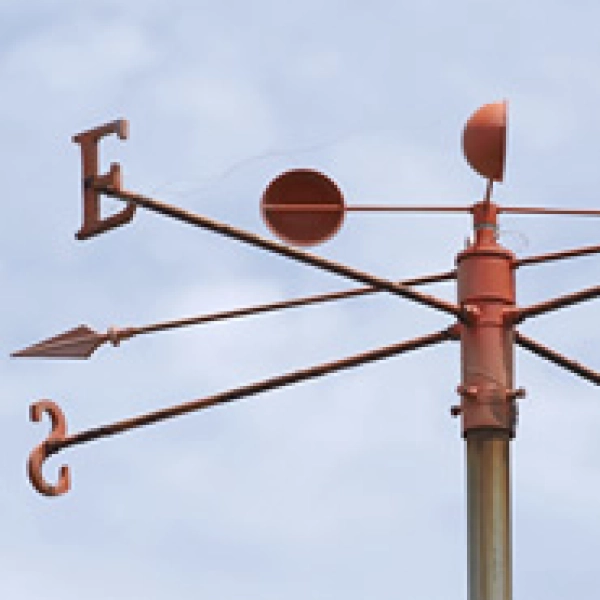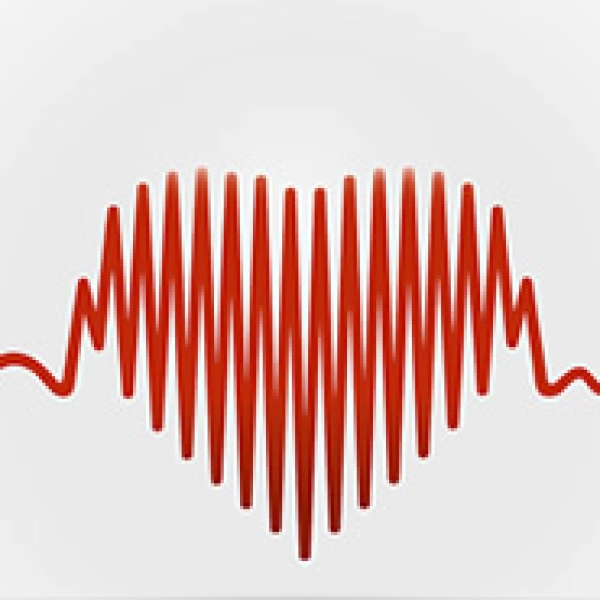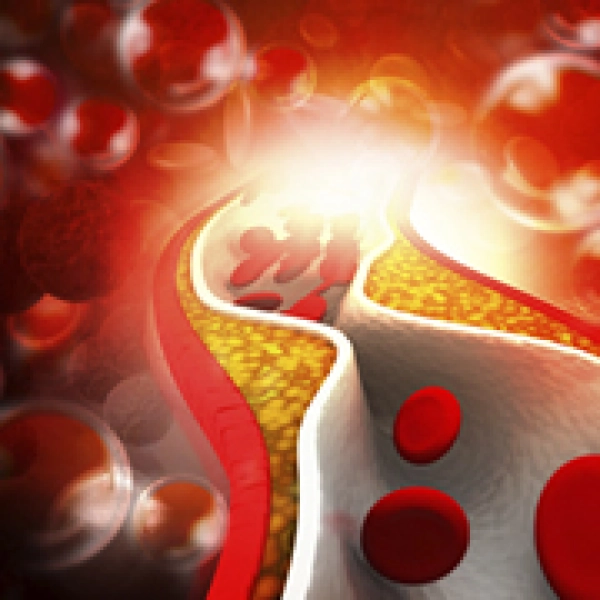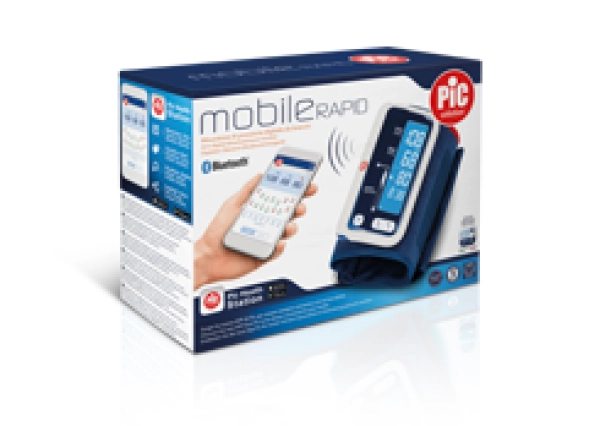

Did you know that many medical-scientific studies have shown the existence of interactions between the notes of a song, the cardiovascular system and brain stimulation? Yes, it's true: listening to music causes a release of endorphins, known as "feel-good hormones", which reduce the respiration rate and improve cardiac activity.
Do you want to experience the thrill of music therapy to improve your blood pressure? Great! Just sit on the sofa and play your favourite music. If you are by yourself, listening for 45 minutes will be enough to notice the first positive effects on your heart rate. Repeat this relaxing habit twice a week.
If you are with friends or other people, try listening to your favourite music for at least one hour. If you don't like being alone, repeat this listening "exercise" twice a week to see the first benefits on your blood pressure.
But be careful: read ahead before choosing the songs to listen to. According to a famous German study - the most complete ever published on the subject to this day - Mozart's melodies offer the best results on blood pressure. The study proved that an hour of listening to the famous Austrian composer reduces systolic pressure by 4.7 millimetres of mercury (mmHg), and diastolic pressure by 2.1 mmHg.
If you are not a Mozart fan, you can opt for a waltz by Strauss. According to the same study, the famous German composer's ballads can reduce systolic pressure by 3.7 mmHg and diastolic pressure by 2.9 mmHg.
Don't worry if classical music just isn't your thing. Another study from the Medical Center of the University of Baltimore argues that all music, or at least the genre each one of us most enjoys, has the same beneficial effect on the cardiovascular system that laughter and sports have.
Always remember that breathing correctly helps reduce blood pressure, especially if you repeat this exercise for 15 minutes 3-4 times a week: breathe slowly, inhaling and exhaling deeply. The normal rate for this exercise is 15-18 breaths per minute.
Now that you have all this information, don't rest on your laurels. It is important to always keep in mind that the alternative therapies we presented here can reduce blood pressure, on average, by 2 to 10 millimetres of mercury. If you have greater goals, always ask your doctor, who will be able to make further recommendations.






